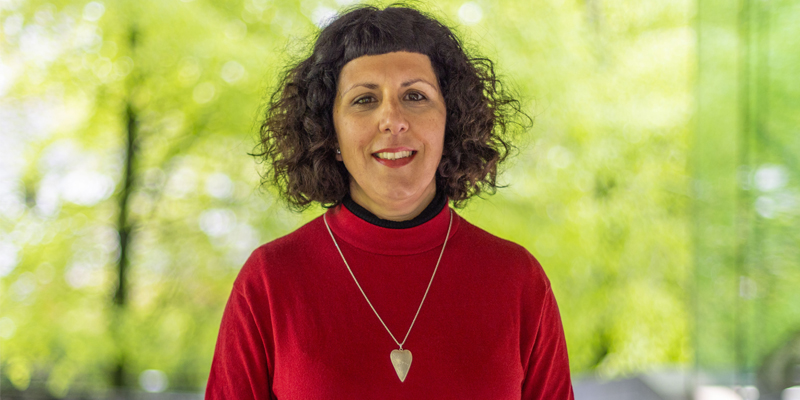Our Stories of Impact
Research to uncover molecular regulators improving climate resilience in Irish forage crops receives funding

Ways to enable Irish farmers to maintain high productivity levels of forage crops in a sustainable manner under changing environmental conditions is to be investigated in a project led by University College Cork (UCC) researchers.
Climate change and sustainability concerns are main challenges for the Irish agricultural sector. Previously it was found that including white clover in perennial ryegrass crops led to a reduction in fertiliser use – however the productivity of both these crops will be challenged by climate change.
Climate related events such as increases in temperature and frequent periods of drought will impact the future production of white clover and perennial ryegrass. Therefore, innovative approaches to expand the available genetic variability in these species will be required to ensure their sustainable productivity in a future climate.
ResilientCrop, led by Dr Rossana Henriques in the School of Biological, Earth and Environmental Sciences at UCC, will use a laboratory-controlled set-up that reproduces current and future climate conditions.
By combining different approaches including specific gene analyses with bioinformatics and a detailed characterisation of both above and below ground plant growth, the project will identify and characterise molecular regulators associated with climate resilience.
ResilientCrop will provide white clover and perennial ryegrass breeding programmes with a broader toolkit of genetic diversity, thus contributing to climate-proofing Ireland’s forage crops.
"Considering that high temperatures and dry spells will become more frequent with climate change, it is critical to resort to novel approaches to ensure that the productivity of perennial ryegrass and white clover will be maintained. ResilientCrop addresses these challenges by identifying novel molecular regulators which can help select climate-resilient varieties contributing to promote climate resilience of Ireland’s major forage crops, increased food security, and environmental sustainability of the agri-food sector," said Dr Henriques.
The €776,394 ResilientCrop project is one of 40 national research projects announced today by Minister for Further and Higher Education, Research, Innovation and Science, Patrick O’Donovan TD. Funded under the Taighde Éireann – Research Ireland Frontiers for the Future Programme, the €26m projects address key areas such as environmental sustainability, new EV battery technologies, breast cancer, inflammatory bowel disease, and currently untreatable childhood neurological disorders.
Welcoming the announcement, Minister O’Donovan said: "I am pleased to announce the Research Ireland Frontiers for the Future projects, which support high-risk, high-reward research endeavours. The selected projects, spanning 12 research institutions, bring fresh and innovative ideas that will help boost business and benefit society."
Celine Fitzgerald, Interim Chief Executive Officer, Research Ireland, commented: "The Research Ireland Frontiers for the Future programme helps to build research capacity, expertise and reputation. This latest round of grants will support a diverse range of research positions and represents a strong commitment to developing future talent in key areas. It has been a pleasure having Children’s Health Foundation as a funding partner in that drive to strengthen Ireland’s research pipeline."
Professor John Cryan, Vice-President for Research and Innovation at UCC, said: "Congratulations to Dr Henriques on receiving a Research Ireland Frontiers for the Future Programme award. UCC is a world leading institution in delivering research focused solutions to major climate and environmental challenges. This award further strengthens UCC’s research reputation in Sustainability, a key thematic area of our UCC Futures framework."
